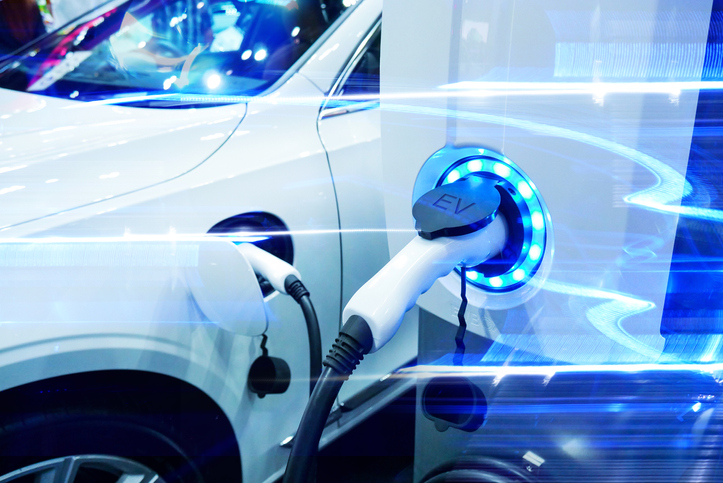Interested in Hybrid and Electrical Mechanic Courses? You Should Know These Tips for Maintaining Electric Vehicles

Anyone who thought electric vehicles (EVs) were nothing more than a passing fad must be seriously reconsidering by now. EVs are definitely here to stay. In fact, a recent Bloomberg New Energy Finance analysis reported that electric cars will make up about 57% of the world’s passenger car sales by the year 2040, representing a predicted 56 million cars sold. The number of EV sales has already climbed significantly in the last year alone, with sales at the end of 2019 sitting at around 2 million, ballooning up to an anticipated 10.5 million EVs sold by the end of 2020.
So what does all of this mean for the industry? It’s a strong indication that many repair shops in the coming days will be looking to hire mechanics not only with traditional industry education, but also with some level of training on the reparation and maintenance of this niche design.
With that in mind, here are some top tips to remember about EV maintenance!
What the Hybrid and Electric Vehicle Mechanic Needs to Know About the Battery
While EV manufacturers continue to work on improving the overall distance that can be attained on a single battery charge, EV batteries themselves don’t pose much of a maintenance issue. While they will break down over time and need to be replaced, many EV batteries can last up to a decade—with many manufacturers offering an 8-10 year or 160,000-240,000 km warranty on battery components.

There are many steps an owner of one of these vehicles can take to ensure a longer life from their car’s battery pack. A hybrid and electric vehicle mechanic could advise the owner to avoid regular use of fast chargers, as well as fully depleting or charging the battery, as all of these practices can accelerate battery pack degradation. Owners should also be careful to avoid extremely hot and cold temperatures, with both ends of the spectrum having the potential to impact performance.
Powertrain and Fluids
Lubricant isn’t normally a requirement on the direct-drive system that comes fully sealed on most EVs, but some EV manufacturers do recommend a fluid change to the transmission after a certain time period has lapsed. In these cases, the owner’s manual will typically recommend such a service around the same time the battery and electric motor might need a replacement.
As to other fluid needs, there are generally much fewer of these to attend to on an EV, with the most important of them being brake fluid and coolant, both of which should be checked and topped up now and again. The coolant itself is needed for good management on the thermal management system, cooling the charger, inverter, and battery pack. Some manufacturers will recommend coolant flushes for maintaining optimal cooling system functioning.

Braking System
A regenerative braking design makes use of electric motor resistance to slow the vehicle rather than placing most of the emphasis on the vehicle’s brake pads. This allows most EV car owners to benefit from around half the brake maintenance requirements of internal combustion cars. Even so, a thorough professional with a hybrid and electrical mechanic training background will know it’s important to routinely check the vehicle’s brake pads for signs of wear and tear.
While the maintenance needs of EVs are fairly minimal, having a good general knowledge on what to do when one rolls into the garage will prove to be invaluable.
Are you interested in taking a professional hybrid and electrical mechanic course in Montreal?
Contact Automotive Training Centres for more information on its specialized introductory program.

